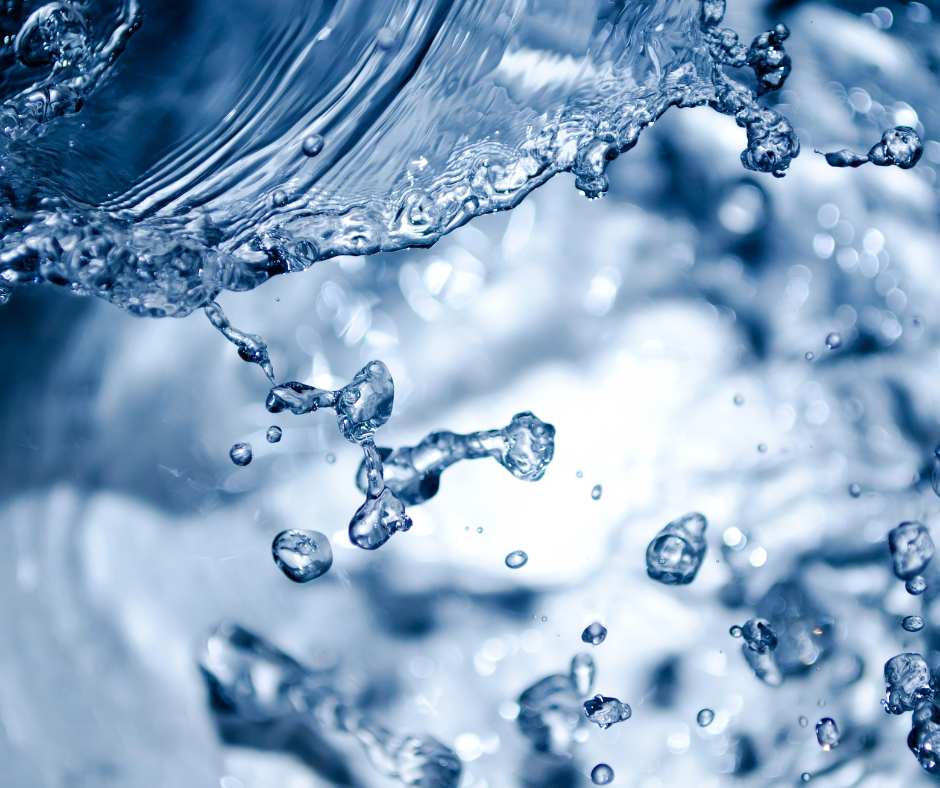Andalusia is going to approve another 200 million euros to deal with the extreme drought in the region and is looking to Portugal as a possible source of water. In the middle of winter, the community’s reservoirs are at 20% of capacity.
On January 29, the Andalusian government will approve what will be the fourth decree to deal with the drought in the region, making available an investment of 200 million euros, announced the president of the Junta de Andalucía, Juan Manuel Moreno.
Of this amount, more than 50 million will go towards direct aid to the agri-food sector, including the immediate implementation of works in areas with the most extreme situation, the reinforcement of desalination plants and rehabilitation works in ports and dams to make use of water. In addition to these measures, Juan Manuel Moreno called for the channeling of European funds, greater involvement from Spain’s central government and advocated more transfers between Spanish rivers and “between countries”, namely from Portugal.
For Joaquim Poças Martins, a specialist in water management, this is not a possibility. This is because Portugal “doesn’t have the conditions” to cede water to Spain, he explained to Negócios. All eyes are on Alqueva, but Joaquim Poças Martins points out that “it’s the largest artificial lake in Europe, but it’s not the sea and it’s in great demand”.
The expert points out that Portugal is also experiencing a serious water shortage, especially in the Algarve. “There isn’t enough water for current uses. The Algarve is worse off than the Alentejo and would like to be connected to the Alqueva at the moment,” so “the answer at the moment is that we don’t have enough water in the south of Portugal.”
Joaquim Poças Martins explains that the country’s autonomy is at stake: “Alqueva has close to 4 billion cubic meters of capacity and uses around 500,000 m³ every year. Basically, it makes water available even if it doesn’t rain for four or five years. But unfortunately this is not enough, because in the Alentejo it’s possible for it not to rain for seven or eight years in a row.”

